
Amina Cruz came to photography unlike most. She was raised with the bulk of her family in Tampa, Florida, while her father resided in Miami. They couldn’t live in the same city because, at the time, he was an FBI agent “deeply” undercover. At 14, she discovered her father’s stakeout Nikon left behind from his travels. She never gave it back. The job of an FBI agent meant a mobile childhood for Amina. Unable to build intimate friendships, she relied on photographs—they recorded her memories in ways that lasting relationships could not. Her art also served as a vehicle for social interaction. As a shy kid, Cruz would lean on her work to engage with passersby. “I needed the camera to go into these social spaces,” she shares. “When I brought my camera, I was the photographer. I didn’t have to be Amina.” This practice built the foundation for Cruz’s focus on portraits.
Cruz officially learned her trade on a film camera from 1954. Without a focus nor light meter, she could only estimate how each photo might turn out. Taking portraits thus evolved into a spiritual practice of presence. “It made me really slow down,” she emphasizes, "And ask, What am I taking a picture of? Why am I taking this picture?” For her, this almost-meditative approach—an intention in navigating a space rather than overtaking it—is how Cruz, as she describes it, “queers or browns the creative practice” and honestly documents her community.
The photographer’s untitled work, which she is developing for her graduate thesis at the University of California, Los Angeles, is an organic continuation of her series “They Are Their Own,” which centers on queer people of color. She hopes that her thesis serves as more of a narrative, an “entryway to otherness,” one where cyanotype portraits on watercolor paper and photos of a farm—the very land where she sourced pigment used in this series, and where her grandparents met as migrant workers—are in conversation with her photos. “From the stark reality of how a portrait works within queer culture to how landscape creates place that implies identity politics, she creates work that serves multiple important meanings,” says Catherine Opie, chair of the UCLA Department of Art.
Her pieces seek to validate the idea of living in one’s own world and emphasize beauty in what has historically been seen as marginal. And her message particularly resonates with queer viewers, many of whom have reached out to Cruz on social media saying they have never seen queer people presented in the way she captures them. “It’s a great reminder that this is really important,” she adds. For Cruz, this archiving of her own community “naturally evolved, but now feels like a gift given to me."

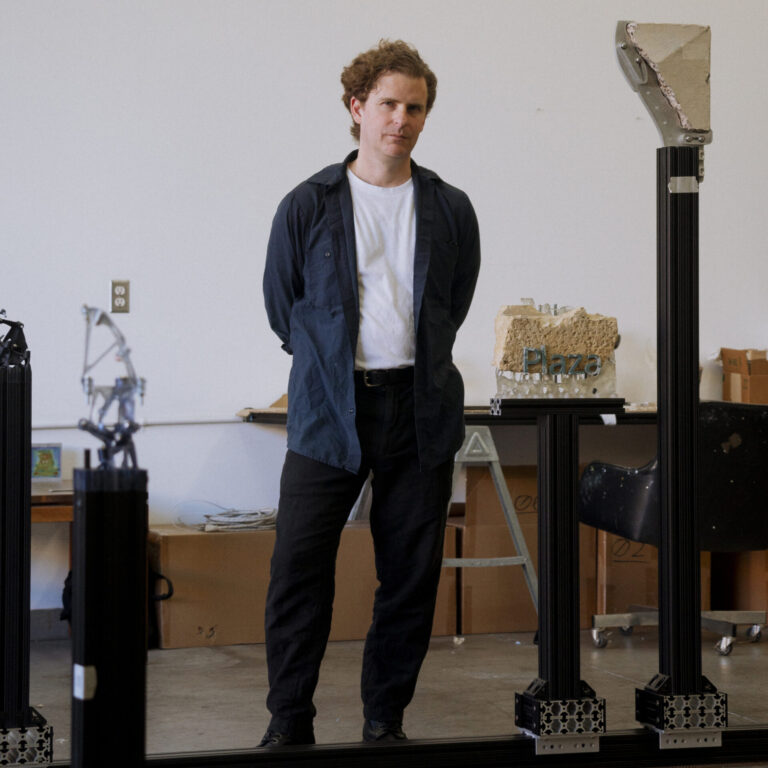
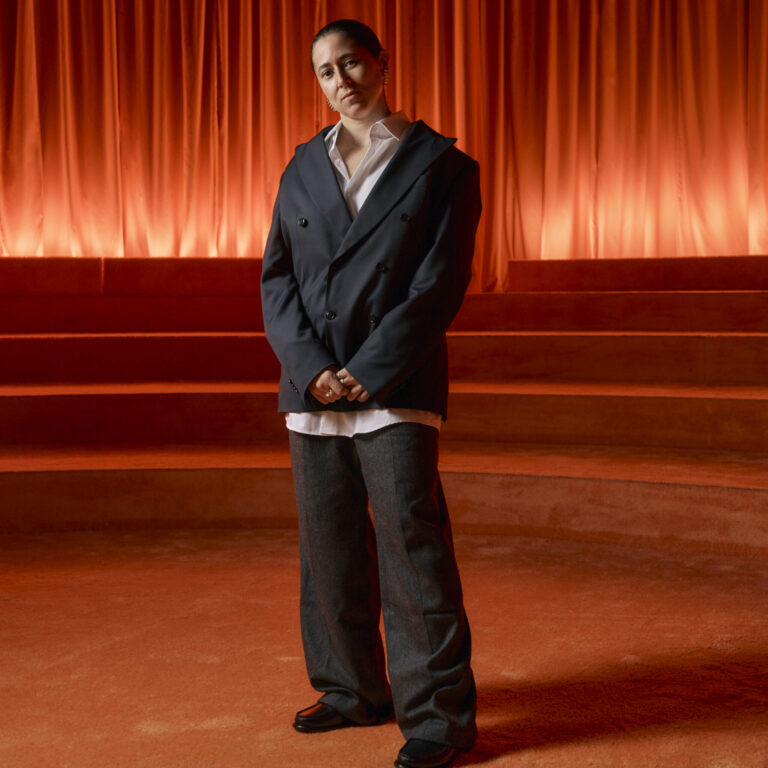
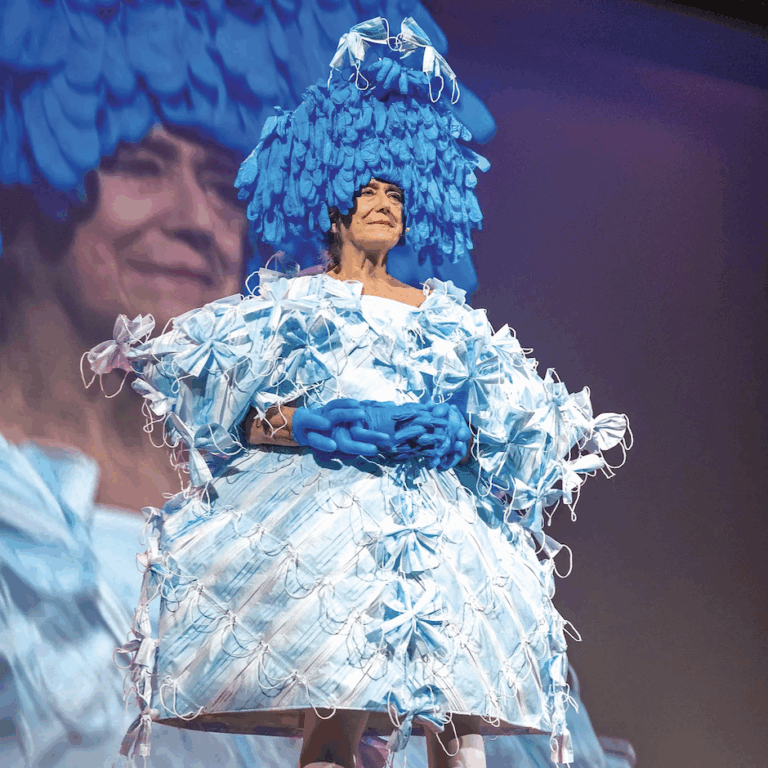
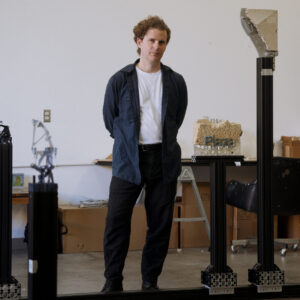
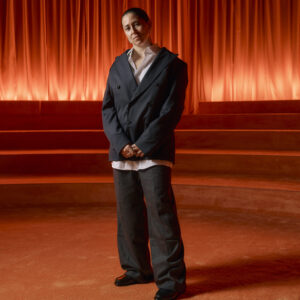
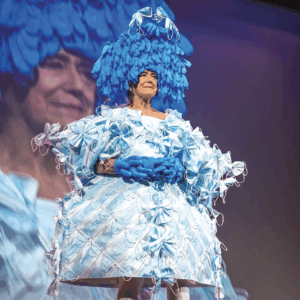



 in your life?
in your life?

